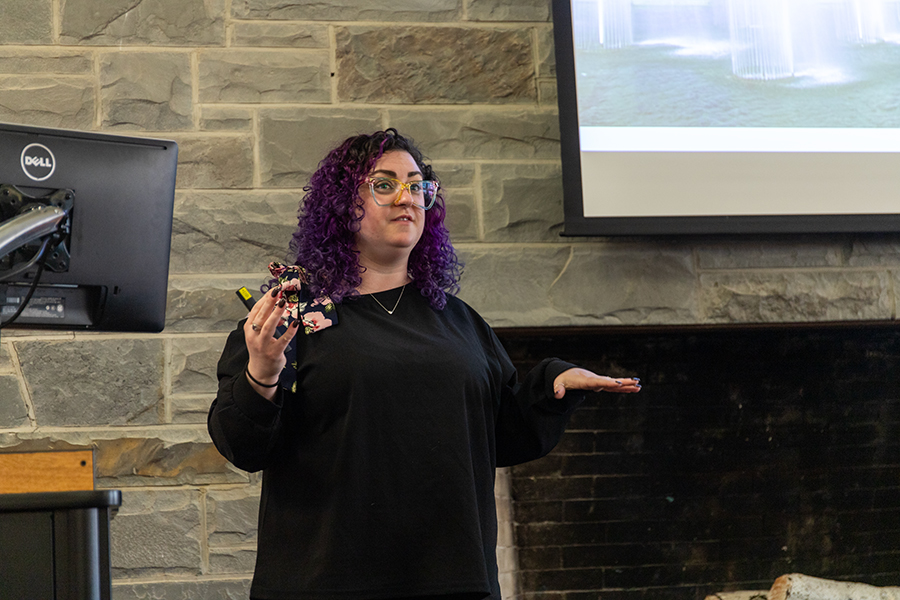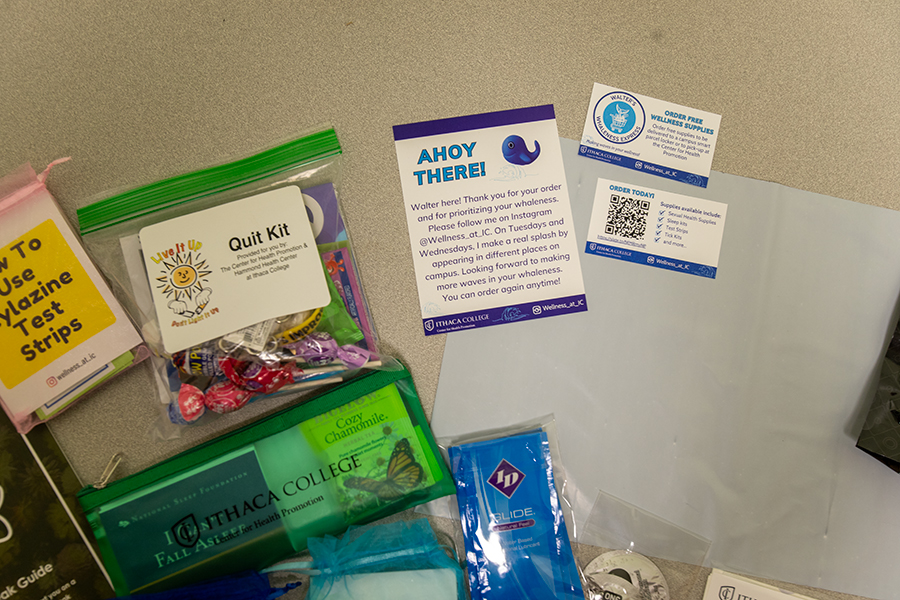The Cornell Catholic Community sponsored a panel discussion regarding solitary confinement with representatives from the New York Campaign for Alternatives to Isolated Confinement on Feb. 1 in Anabel Taylor Hall at Cornell University. About one-third of the attendees were students from both the Ithaca College and Cornell Catholic communities.
The event also featured a screening of Angad Bhalla’s 2012 documentary “Herman’s House” and was sponsored in association by the Amnesty International Ithaca Chapter and the Prisoner Justice Network.
“Herman’s House” follows the story of Herman Wallace, a prisoner kept in solitary confinement for 42 years at Louisiana’s Angola Prison, and Jackie Sumell, and an artist who strikes up a friendship with Wallace and attempts to build his dream house and release him from solitary confinement. Wallace was released from solitary confinement on Oct. 1, 2013 — three days before his death from liver cancer.
According to the CAIC website, prisoners in solitary confinement spend 22–24 hours a day in a six- by nine-foot cell with no human contact.
Five Mualimm-ak, a member of CAIC who spoke on the panel, said there are currently 80,000 prisoners in solitary confinement in the U.S. Mualimm-ak was kept in solitary confinement for five years and released in 2012.
“The most popular question that I get is, ‘How did you survive in solitary confinement for all that time?’” Mualimm-ak said. “You don’t survive. You just leave with a sense of deprivation.”
Mualimm-ak said most prisoners in solitary confinement in New York state were not there because of their initial conviction, but for non-violent rule infractions during their sentence. The panel said the fight for an end to solitary confinement and a more transparent prison system is a gateway to large-scale prison reform.
“I do believe in tearing down the wall, but I also know that a chip in the wall is a chip in the wall, and it makes a difference,” Mualimm-ak said.
CAIC member Robin Jacob-Goods, whose son has been held in solitary confinement in California for 10 years, is only able to see her son four times a year.
“I joined CAIC because my belief is that if we can stop [solitary confinement] in one state, then we can move on to another state,” she said.
Andrew Bardetti, campus minister for the Catholic communities at both Cornell and the college, said he heard about CAIC through the Prisoners’ Legal Services of New York. Bardetti worked with the legal services office in Alabama last year as part of a year of service with the Jesuit Volunteer Corps, a Catholic service corps.
Bardetti said his goal for the screening was to raise awareness of the daily sufferings of prisoners in solitary confinement.
“We put them away in a box, and we don’t really think about them,” Bardetti said. “We don’t pull a Nathaniel Hawthorne and ask them to walk around with a scarlet letter on their chest, so we don’t see them, which may be to their and our detriment.”
CAIC provided postcards to send to members of the New York State Senate and State Assembly to encourage them to pass the Humane Alternatives to Long-Term Solitary Confinement Act, which was introduced in the state legislative bodies Jan. 31. The bill calls for increased therapy and rehabilitation services in prisons and a ban on solitary confinement after 15 days.






